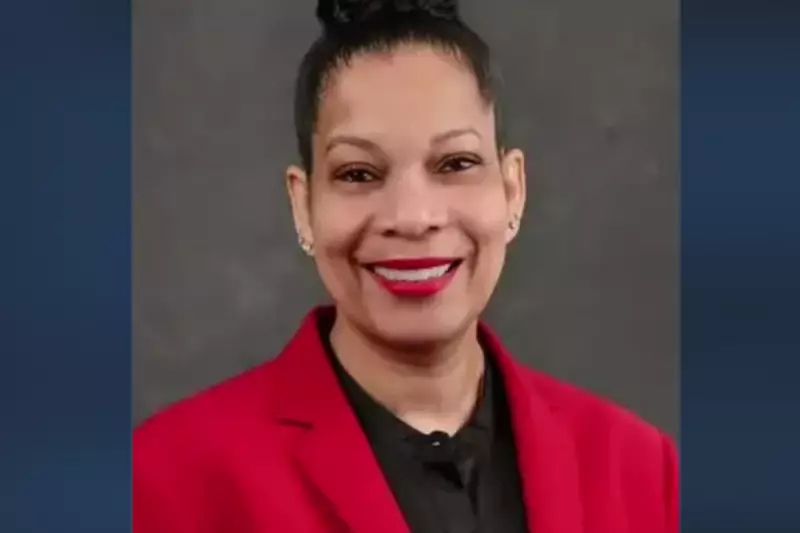
The Dallas Independent School District finds itself at the centre of a heated civil rights battle after implementing a controversial disciplinary measure that critics argue amounts to modern-day segregation.
The 'Dallas Principle' That's Dividing Classrooms
According to a federal lawsuit filed by prominent civil rights organisations, the district has been systematically removing Black students from their regular classrooms and placing them in separate, isolated facilities under the guise of disciplinary action. The policy, dubbed the 'Dallas Principle' by opponents, allegedly targets African American children disproportionately for minor infractions that would typically warrant less severe consequences for other students.
Alarming Statistics Reveal Racial Disparities
Court documents reveal staggering statistics showing Black students are being removed from mainstream education at rates significantly higher than their white counterparts. The lawsuit claims this practice has created what amounts to separate and unequal education systems within the same school district, echoing the dark legacy of segregation that civil rights leaders fought to dismantle decades ago.
Emotional Impact on Students and Families
Parents and community advocates describe emotional scenes of children being escorted from their regular classrooms to alternative settings, often for behaviour described as "subjective and minor". One mother testified about her son's dramatic decline in academic performance and self-esteem after being placed in what she called "the segregated classroom".
Legal Battle Heats Up
The NAACP Legal Defense Fund and other civil rights organisations are demanding immediate termination of the practice, arguing it violates the Equal Protection Clause of the Fourteenth Amendment. "This isn't just about discipline—it's about dignity and equal access to education," stated one attorney representing the families.
School district officials have defended their approach as necessary for maintaining classroom safety, but growing pressure from community groups and now the federal court system suggests this controversial policy may be facing its final bell.





